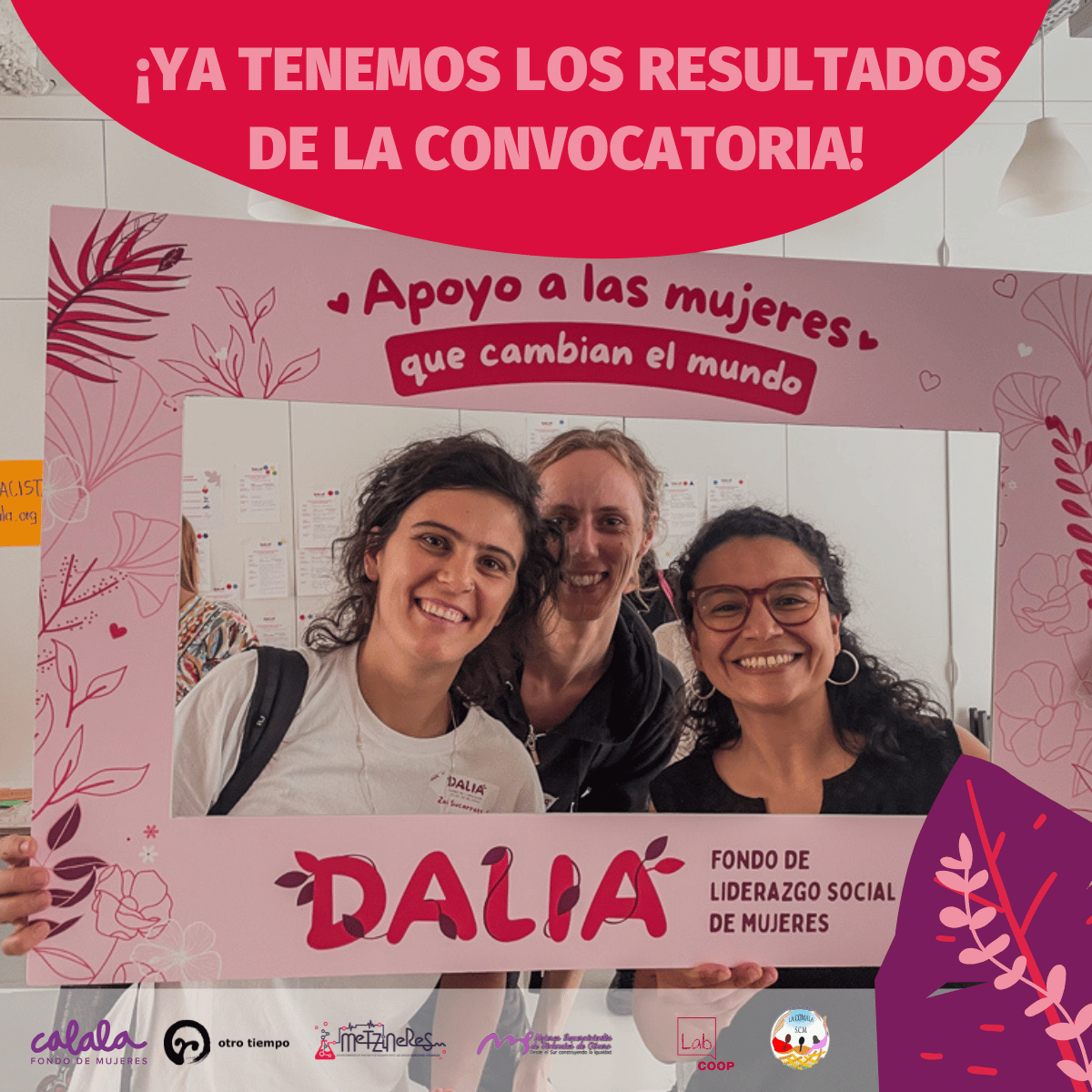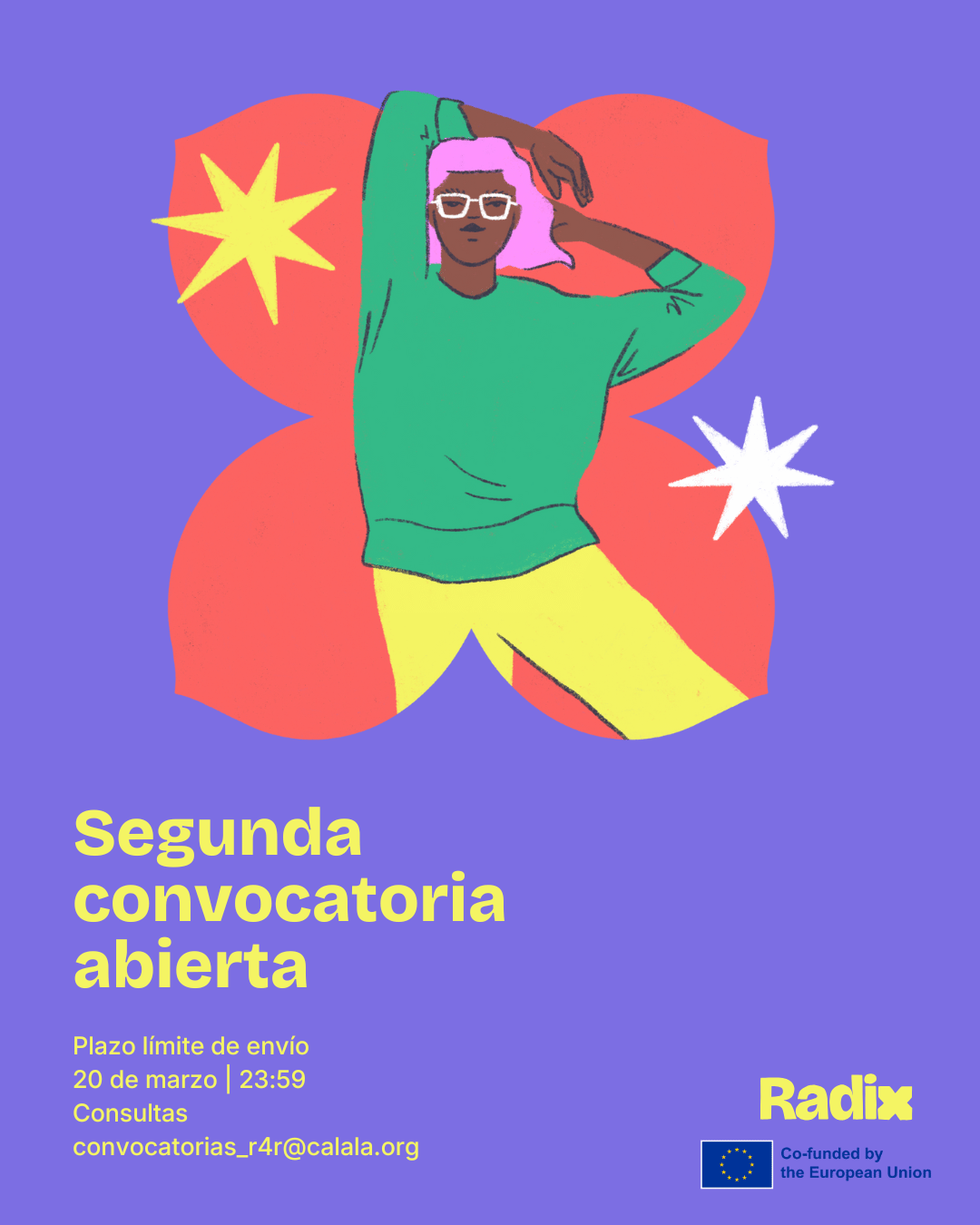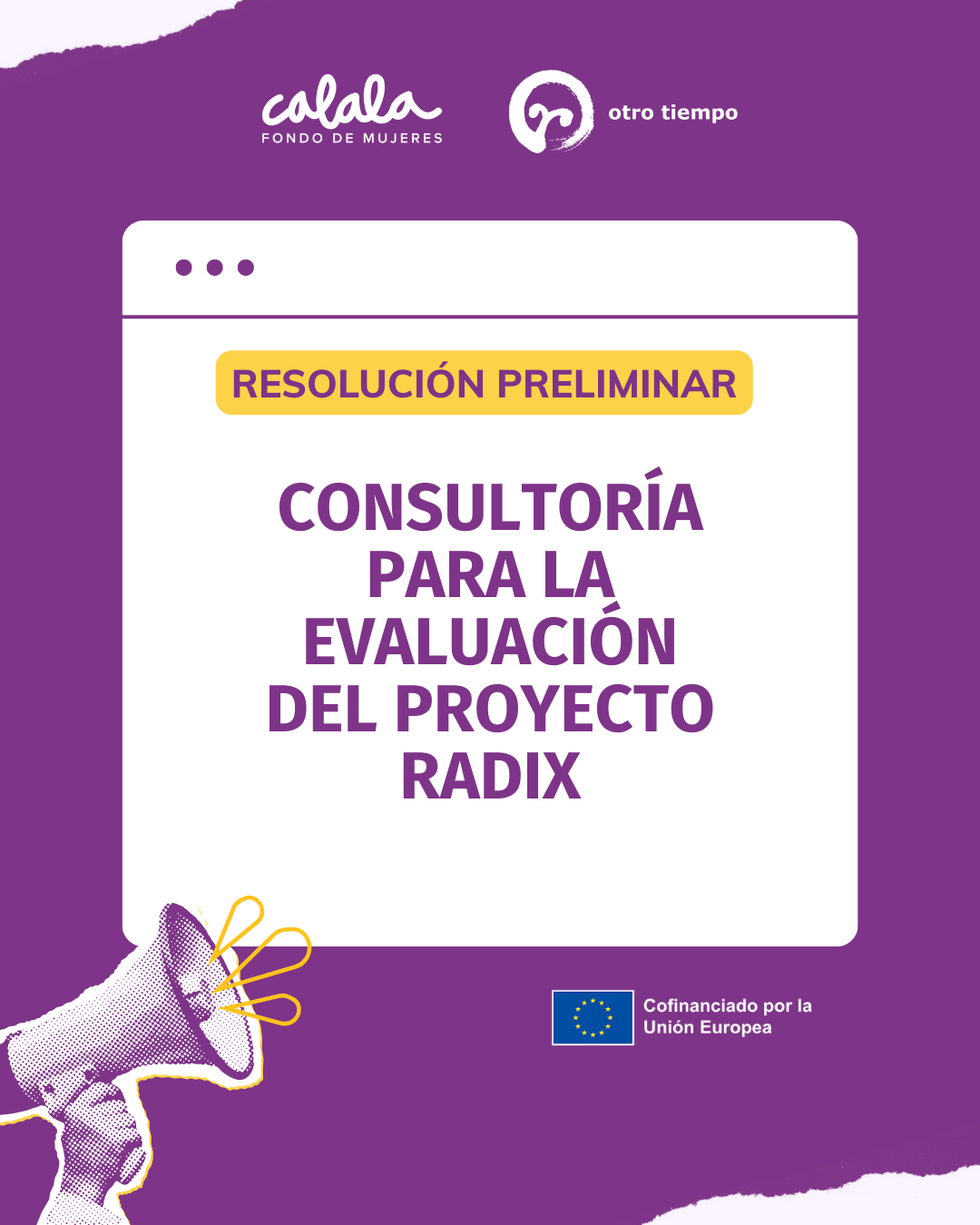Click here for the full report
Repression manifests itself in all actions taken to silence, oppress and criminalise the feminist movement.
The Report “Repression of the feminist movement in Spain. Period 2010-2021”.” The research covers the repression that women, lesbians and transgender people face, systematically and at all levels, when defending their rights in Spain. The research includes incidents and resources that have occurred and developed especially from 2010 onwards. The study, led by Calala Fondo de Mujeres, has been carried out by Thais Bonilla y Serlinda Vigara, experts in the field of the right to protest in Novact.
Repression manifests itself in all actions that are carried out to silence, oppress and criminalise the feminist movement in order to hinder its work in defence of women's rights. It is therefore vital to analyse this repression and those who exercise it on the basis of a chauvinist normative system. At the same time, The research addresses, from a gender perspective, the repressive regulations developed by the Spanish state to silence social protest and how this affects the actions of the women's movement itself.
Research shows intensified repression of women's movement over the last ten years
The research shows how the repression of women's rights protests in Spain has intensified in recent years as the movement has gained strength and legitimacy:
- The various applications of the 2015 Penal Code reform
- The indiscriminate and abusive use of the well-known “Gagging law”
- Constant identifications, fines and lengthy prosecutions for the demonstrations and actions of the women's movement in different territories
- The emergence of extreme right-wing parties has contributed to increasing and legitimising the criminalisation and persecution of feminist women
- Religious fundamentalist groups promoting the regression of rights already achieved and legal charges against activists
- Increase in attacks and harassment on social networks, which has sometimes gone beyond the screen to become direct violence against feminist activists.
Activists share strategies for dealing with repression
In addition to the presentation of the main conclusions of the report, we had several feminist activists share their experiences of repression and their personal and political strategies to confront them. We counted on:
- Valeria Canelas. Migration and Anti-racism Commission of the 8M Commission
- Alejandra Jacinto. Lawyer, Political Scientist and Housing Rights Activist
- Serlinda Vigara. Co-author of the report as part of NOVACT and as an environmental activist.
- María Palomares Arenas. Director of Calala Women's Fund






